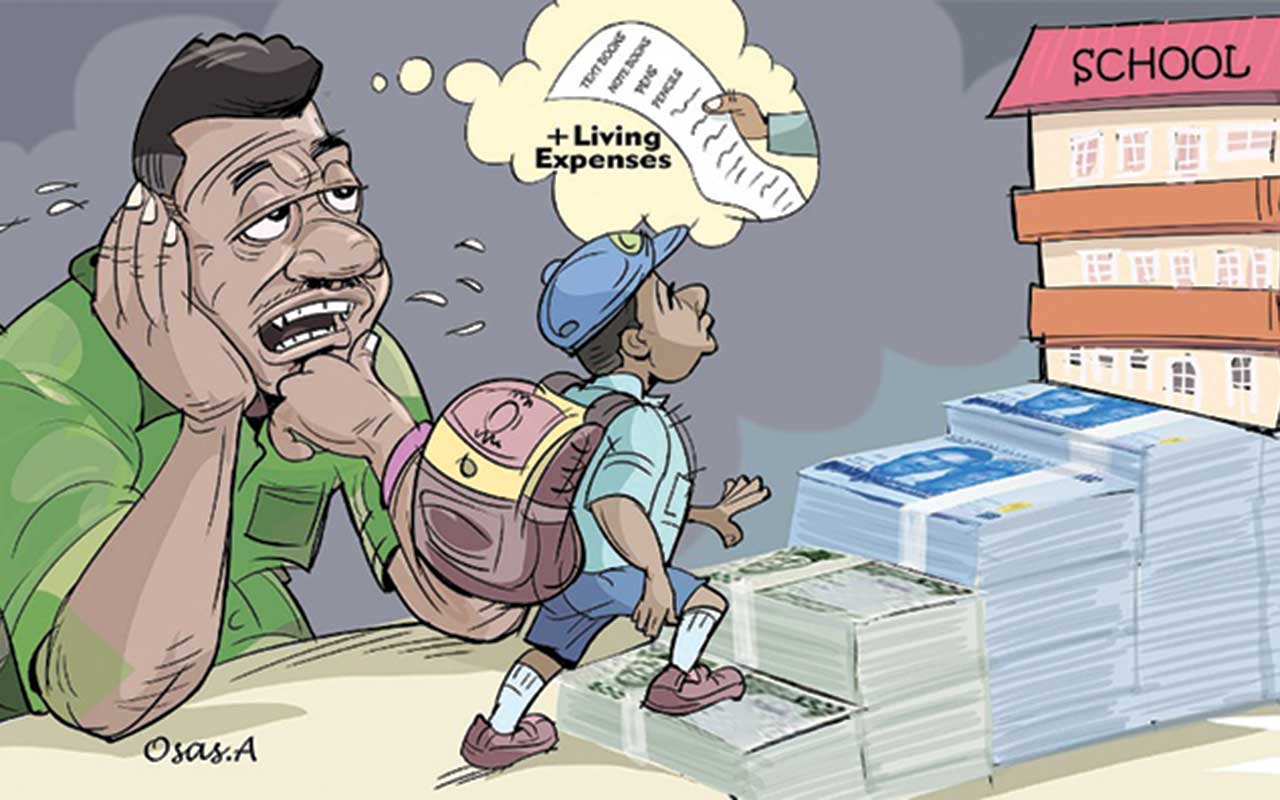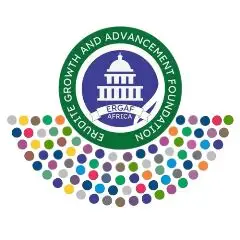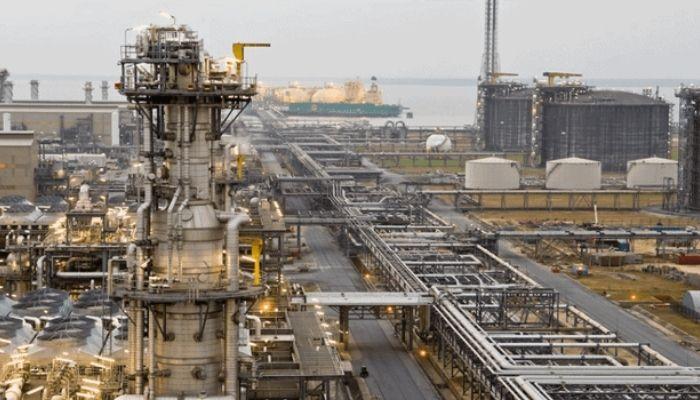• Prime private schools raise fees by between 25 to 100%
• Tuition fees record 200% spike in five years
• Survey: ‘35 per cent of parents mull private-to-public switch over cost’
• Consider special palliatives for education, school owners urge govt
Parents and school operators are up for a running battle and a hike in fees challenge as most public and private schools resume the 2025-2026 academic year today.
While the educators and privately-owned school operators face inflationary pressure vis-à-vis the cost of operation and sustaining academic quality, the end-users and parents are unsettled by the add-on cost to tuition, ranging between 25 and 100 per cent, depending on the school of choice.
The hyperinflation in school fees has sparked concerns among parents, who questioned the sustainability of such hikes, with some considering the hard choices of no-frills, low-fee-paying public schools for stranded wards.
Nigeria’s education system has, over the years, been shaped by economic cycles, social shifts, and policy reforms that repeatedly impact school resumption nationwide.
Each new academic session’s restart reveals the constant tension families face in balancing household budgets amid rising costs, inflationary pressures, and infrastructural deficits.
The fastest-growing challenge facing Nigerian families this school year is managing the increased cost of sending children to school amid record inflation.
According to the National Bureau of Statistics (NBS), Nigeria’s inflation rate in early 2025 stood at approximately 24.5 per cent year-on-year, marking a significant increase from the preceding years and exacerbating the cost of education inputs, including tuition, food, transportation, and school supplies.
Food inflation has also risen above 20 per cent, increasing the pressure on families to meet basic needs and other expenses, leaving low-income parents and children in precarious situations.
Transportation costs have also climbed with fuel price fluctuations, disproportionately affecting families living in peri-urban and rural areas.
In this context, school fees have escalated significantly, particularly in the private sector.
New session, new tuition rates
An analysis by Nigeria Private Schools (2025) revealed that the average term fees among mid-tier private primary schools have increased from approximately N40,000 in 2020 to N120,000 in 2025, representing a 200 per cent rise within five years.
Top-tier private and international schools report fees as high as N2.8 million per term, exclusive of additional levies for extra-curricular activities, transportation, examination fees, and feeding.
For instance, top secondary school in Ikeja, Ikoyi and Lekki axis have raised their fees from N2 million per term to between N2.7 and N3.5 million, while another popular secondary school in Ikeja increased fees from N1.8 million to N2.9 million.
At Rosemore International School, Ikeja, the fees were raised to N600,000 from N350,000 to cope with current economic challenges. The situation is the same at Longford School, Maryland, as parents are expected to pay N750,000 instead of the old fee of N400,000.
At Crystal Bai School, Ilupeju, the fees were raised to N400,000 from N220,000 to cope with current economic challenges. The situation is the same at Laurel Academy, Oregun, as parents are expected to pay 450,000 instead of the old fee of N225,000.
Also, Bright Minds, Yaba, has increased its school fees from N350,000 to N570,000 per term, while some schools have also increased transportation costs to meet current economic challenges.
The steep rise in tuition fees has sparked widespread concern among parents, who questioned the sustainability of such hikes. For many private schools, the cost of offering qualitative education and maintaining the standard amid complex factors and challenges, including rising operational costs and transportation, necessitated the increase.
However, the scale of these increments has forced parents, who are already burdened by huge economic strains, to make tough decisions about their children’s education.
Faced with rising private school fees, an increasing number of Nigerian parents report migrating their wards from private institutions to public schools.
According to a LagosMums survey conducted in mid-2025, roughly 35 per cent of respondents indicated that they transferred their children to public schools, citing affordability as the primary factor.
Public schools, on average, charge significantly lower fees, typically ranging from N5,000 to N15,000 per term for primary level, and up to N25,000 per term in secondary schools.
However, research, including a 2024 report from the Nigeria Education Research and Development Council (NERDC), underscores that these fees have nearly doubled over the past five years due to inflation and increased operational costs, yet remain more accessible than private school fees.
The migration is reinforced by perceptions of improved quality and governance reforms in select public schools, alongside the ongoing expansion of subvention initiatives targeted at school infrastructure and teacher training by the federal and state ministries of education.
Fee barrier for education
School fees in Nigeria pose a significant barrier to educational access for many families, particularly amid persistent inflation and rising living costs.
For mid-tier private schools in urban centres, yearly tuition fees often range from N400,000 to N900,000. Elite private schools, often catering to expatriates and affluent Nigerians, demand tuition fees soaring between N2.5 million and five million per year.
Boarding and feeding fees in mid-tier schools can add another N300,000 to N900,000 yearly, with elite schools charging between N1.5 million and N2.5 million.
In addition, parents spend between N50,000 and N150,000 yearly on uniforms and school supplies in mid-tier private schools, with elite institutions requiring between N150,000 and N350,000.
Transport and miscellaneous fees range from N40,000 to N100,000 in mid-tier schools and can increase to N300,000 in elite institutions.
By contrast, public school fees remain far lower, but have increased gradually due to inflation and operational costs.
Yearly tuition fees in public schools average between N15,000 and N35,000. Boarding and feeding charges, where available, range from N20,000 to N50,000 yearly. Parents typically budget N5,000 to N20,000 for uniforms and N5,000 to N15,000 for transport and incidental expenses.
Given that the average yearly household income in Nigeria hovers around N2.5 million, the substantial private school fees, especially including boarding, exceed what many families can bear.
Even mid-tier private schooling costs often consume between 25 and 40 per cent of a household’s income, far exceeding the affordable thresholds defined by the World Bank for educational expenditures.
Many Nigerian parents confront growing difficulties in financing their children’s education amid these escalating costs.
According to LagosMums, roughly 45 per cent of surveyed parents engage in advance bulk purchasing of school essentials, while approximately 32 per cent negotiate fee instalments with schools.
A Lagos resident and mother of three, Mrs. Folashade Adeniyi, shared her perspective. Adeniyi disclosed that her family usually plans early in the year to buy uniforms and books in bulk during sales to save costs. She highlighted the role ‘Esusu’ (monthly contributions) plays in paying the bills.
“Still, the fees are high enough that we sometimes have to move our children to more affordable schools or delay payments,” said Adeniyi.
Education analysts underscored that Nigeria’s current educational financial structure is insufficient to address persistent inequalities.
“Nigeria allocates roughly seven per cent of its total government expenditure to education, which is significantly less than the 15-20 per cent recommended by the United Nations Educational, Scientific and Cultural Organisation (UNESCO) for developing countries.
This chronic underfunding is a root cause of poor infrastructure, inadequate teacher remuneration, and limited expansion capacity.
Additionally, the lack of regulation of private school fees allows unchecked increases that disproportionately impact middle-and low-income families.
Beyond tuition fees, boarding and feeding constitute substantial cost elements for families with children in residential schools or hostels.
The Guardian learnt that average feeding charges levied by private boarding schools’ range between N100,000 and N200,000 per term, roughly equal to the monthly cost of feeding children at home during school holidays.
Boarding fees also vary widely, with elite private schools demanding upwards of N1 million yearly, while public boarding schools are fewer and more subsidised.
Consequently, boarding remains largely unaffordable for most Nigerian families, dictating preferences for day schooling formats where fees and logistics are more manageable.
Incidental expenses such as school supplies, uniforms, examination registration, and transportation costs further compound the overall financial obligation.
Parents’ responses to this challenging environment are diverse and pragmatic. Among surveyed Lagos-based middle-class families, 45 per cent initiate early pre-term budgeting and bulk purchase uniforms and textbooks during promotional sales; 32 per cent negotiate installment payment schedules with school administrations, particularly in private schools; 27 per cent seek alternative education financing channels, including loans, community support groups, or employer assistance programmes, and 18 per cent opt for transferring children between academic levels or to less expensive schools.
Some parents also employ a downscaling approach by enrolling younger children in public pre-schools or nursery setups and transitioning to private education in later years when their finances stabilise.
Recognising the challenges faced by families, many private schools have instituted flexible payment arrangements, early-bird discounts, and scholarship or bursary programmes targeted at low-income, but academically promising students.
Private schools: ‘We give value for money’
National President, National Association of Proprietors of Private Schools (NAPPS), Yomi Otubela, noted that despite the country’s economic and infrastructural challenges, private school owners have continued to invest in quality learning environments, teacher training, and the adoption of innovative teaching methods.
To cushion the effect of the current economic challenges, Otubela disclosed that many of its members have adopted innovative strategies such as flexible payment plans for parents to reduce financial strain; cost-cutting measures in school operations without compromising learning quality; exploring alternative energy sources to reduce electricity bills; and leveraging technology and shared resources to manage costs more effectively.
“We recognise that this is a collective struggle, and schools are doing their best to balance sustainability with compassion for parents.” It is true that schools, like every other sector, are affected by inflation, high utility bills, and the rising cost of educational materials. However, fee adjustments are not made arbitrarily. They are considered carefully, and in most cases, schools only adjust fees when it becomes inevitable for survival,” Otubela acknowledged.
However, the NAPPS boss pointed out that “even when there are adjustments, many of our members try to keep increases modest, often absorbing part of the cost burden themselves,” advocating “continuous dialogue between schools and parents, so that both parties understand the realities and work together in the interest of the child’s education.”
Otubela told The Guardian that the association was aware “some parents, due to economic pressure, are moving their children from private to public schools”.
“While this is understandable, it also highlights the urgent need for government intervention. Our advice to the government is to consider special palliatives for education, such as tax reliefs for private schools, subsidised educational materials, and improved access to funding, among many other palliatives governments can do to help private schools.”
He noted that the move will not only help schools remain affordable but also reduce the pressure on public schools, which are already overstretched.
Similarly, National President, Association for Formidable Education Development (AFED), Orji Kanu, appealed to the government to provide palliatives, such as soft loans, to enable school owners to survive current economic challenges.
“I recall that about two or three weeks ago, a friend of mine called me and said, ‘I can’t cope anymore; I’m shutting down the school.’ I was trying to encourage her. However, after her speech, I was convinced that it’s obvious she can’t cope anymore,” Kanu told The Guardian.
“When liabilities are overwhelming, there is no way I can step in to assist her because I’m also struggling. But the truth is that school owners are struggling. I’m appealing to the government to find a way,” he added.






